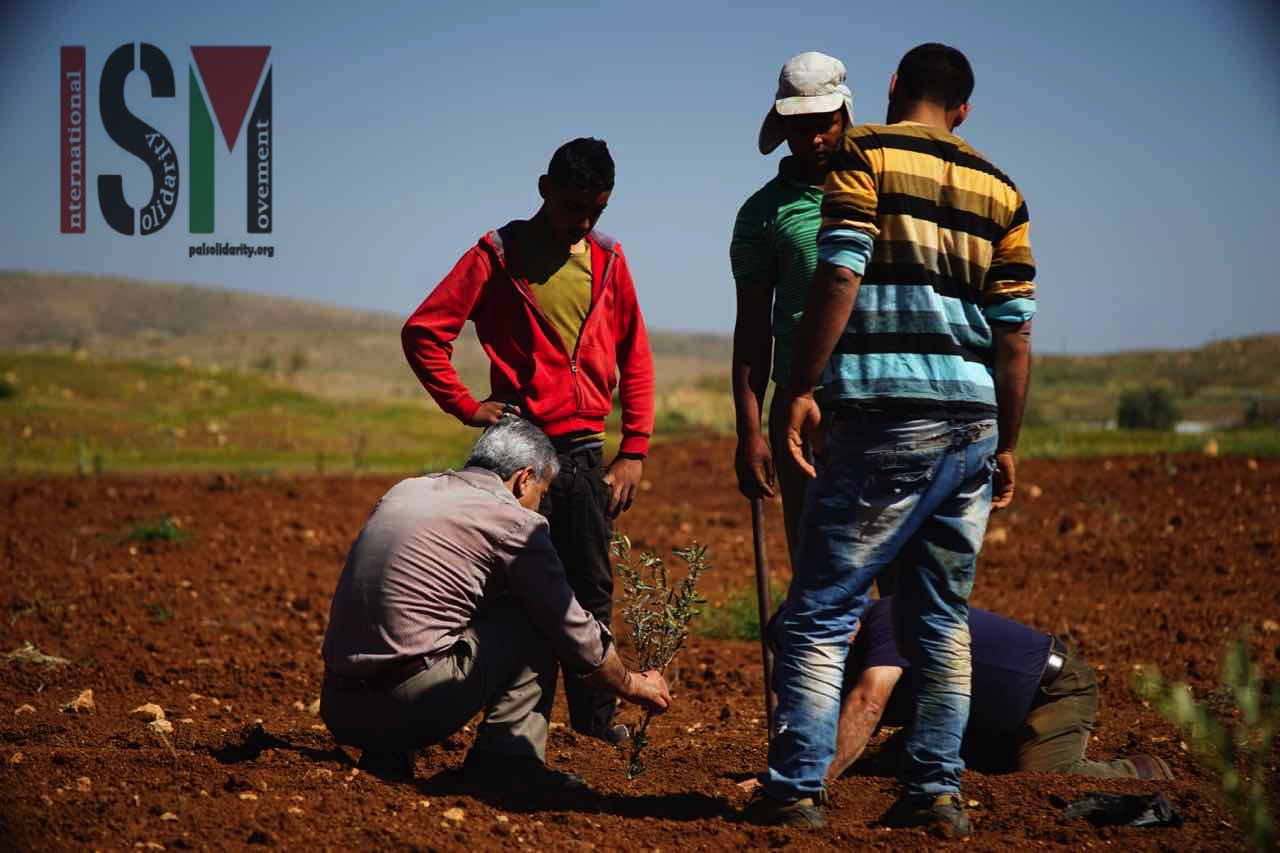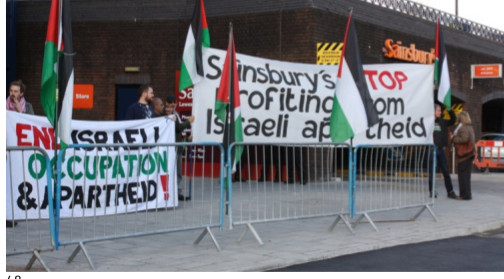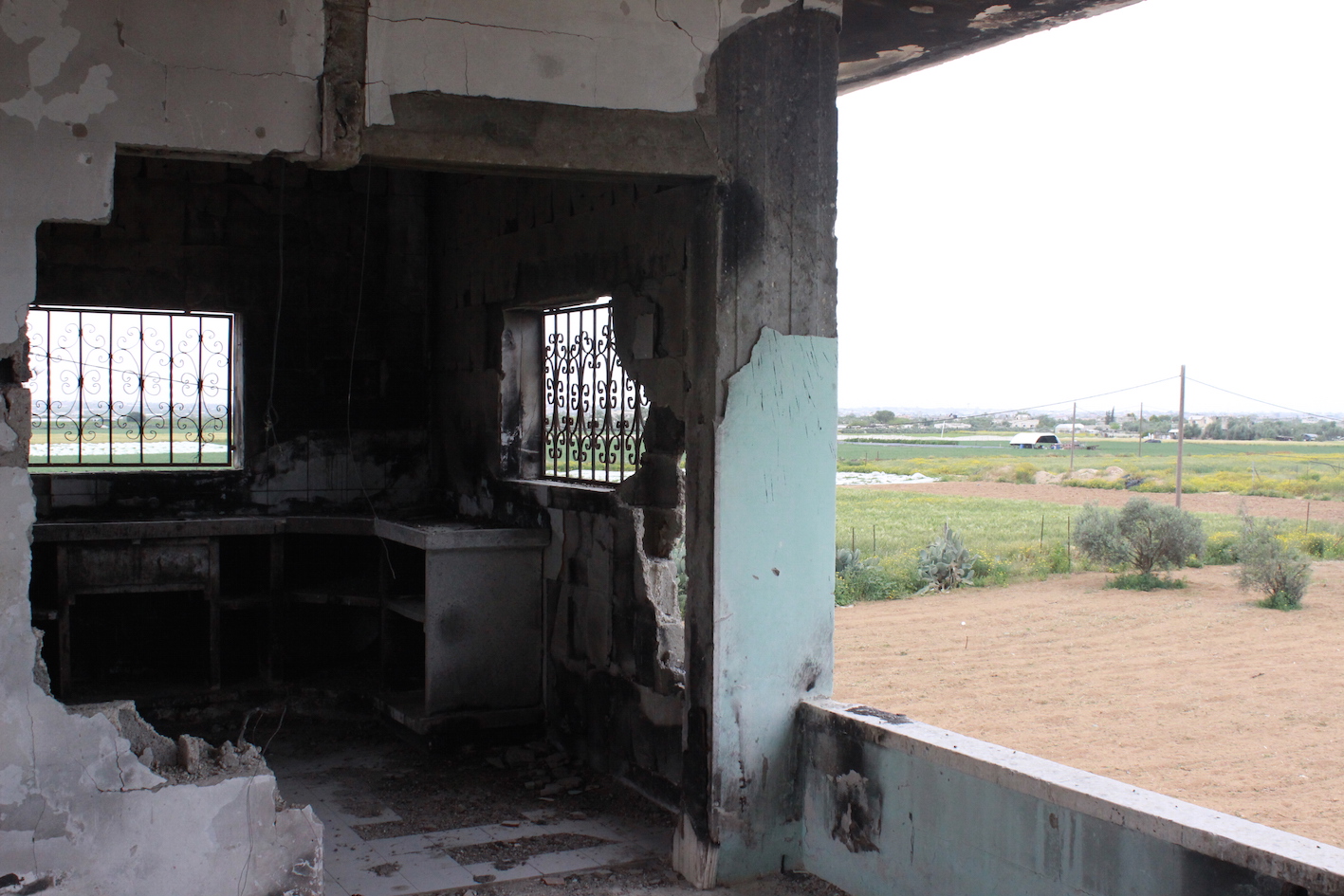Tag: Apartheid
-
Olive tree planting connects Palestinians in the Jordan Valley
2nd April 2016 | International Solidarity Movement, Ramallah Team | Jordan Valley, Occupied Palestine On Saturday 2nd April, Palestinians and international activists alike worked together in solidarity to plant olive trees in the town of al-Bikaa in the Jordan Valley, the town falls under area C of the occupied territories. The act of planting the trees today was…
-
Apartheid in the fields: Part 3 How the food gets to us and what we can do
1st April 2016 | International Solidarity Movement, al-Khalil team | Gaza Strip, occupied Palestine A new report from Corporate Watch outlines exactly how the food grown in the illegal settlements of Palestine gets to our plates in Britain. This final summary looks at what we in Britain can do to support the boycott called for by…
-
Another home destroyed in Gaza
29th March 2016 | International Solidarity Movement, al-Khalil team | Gaza Strip, occupied Palestine During the latest wave of aggression by Israeli forces against the Gaza Strip, Gaza resident Mohamed Shorrab, 70 years old, lost his family home. It was shot at and destroyed by Israeli tank fire and artillery shells from the gun turrets…



